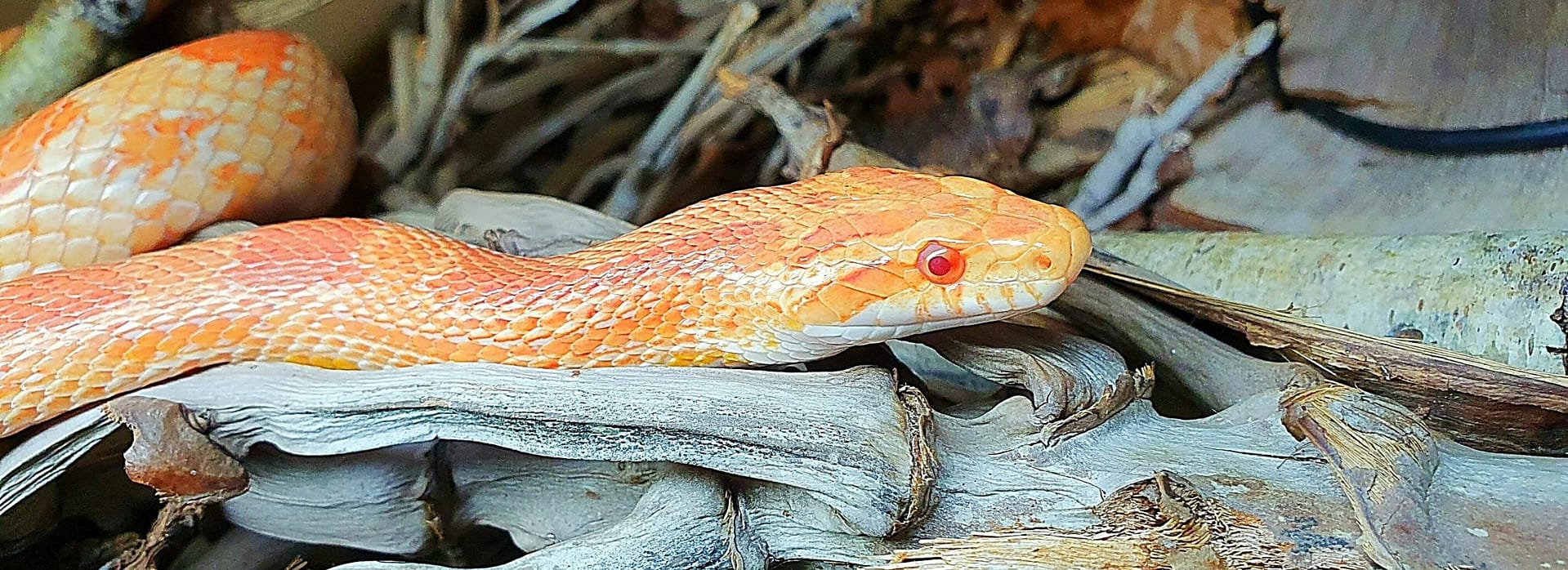We all hear the same constant phrases or words when reading certain Reptile related subject on social media, and it’s about time some of these are gone and forgotten, forever.
The reason I say such Is that they tend to be just ‘thrown’ around to try and start or end a conversation.
So I have picked a couple of words/phrases that I see ALL the time, and they tend to be used without any form of evidence or research to back up any claim made.
So, will you agree?, lets see.
The below are more often than not seen in my Bearded Dragon Facebook group. So I’ll use Beardies as the related subject matter, but 99% of the time they are relevant across so many spcies (ALL my groups, here).
Substrate Impaction.
Food impaction is a much bigger issue
Now I’m lucky enough via the articles I write, products I test, people I meet, etc, to have the pleasure to talk to many Vets, Zoologists, Herpetologists, and many other “ists”.
With that, any experienced Exotic Vet, or any of the above will tell you that the biggest impaction issue they see, is food impaction.
NOT substrate at all.
Sure, Substrate Impaction can happen, but when you do consider that a sand substrate is the world’s most popular substrate, used by many millions of keepers worldwide, for a multitude of species, statistically, the issue is not even a drop in the ocean.
Food impaction is a much bigger issue. So let’s combat these real issues and not get worked up over a photo from another group of an impacted gecko or dragon that is about 10 years old.
99% of the time substrate impaction will be traced back to husbandry failings (diet – supplements – uvb – Temperatures – Etc) or illness such as a parasite load.
And obviously as a keeper, knowing that any related issue you are having, or had, is preventable, is often hard to take.

So please stop banging on about loose substrate (sand particularly), and stick to statistical facts.
But food impaction can happen via over indulgence, poor diet, and again poor heat and uvb.
Be it poor uvb output, incorrect mounting of uvb, incorrect temperature in the setup, or foods like supers (morios) and mealworms used in excess.
Actually, It can happen regardless of the feeder used IF a setup parameter is incorrect.
Stress and Illness can also be a huge factor. And any of the above mentioned being incorrect can be a huge stress due to an evolutionary required environmental condition not being met within that set-up.
So please stop banging on about loose substrate (sand particularly), and stick to statistical facts.
I don’t give a crap what you’ve seen in another Group, they clearly don’t follow the up-to-date guides and care methods used in my groups (linked above).
Incidentally, there are some loose substrates that will increase impaction risk due to being non-digestible like a recommended play-sand/top-soil mix. Those being;
- Bark
- Coir
- Corn Cob
- Vermiculite
- Walnut Shell
Notice I didn’t put Calcium sand In that list….. Factually, most nonsense spewed regarding this is just that. Nonsense.
(For more info, check my previous blog post on the matter, here )
Staple food.
But honestly, Variety is best nutritionally.
This phrase gets right on my ‘threepenny bits’.
If you are following a list of items a Dragon can eat, that has the words “staple“, “rare” etc. Leave that group.
If you honestly stuck to a staple list, your dragon will be missing out on so much valuable and vital nutrition.
Such lists are a decent guide for what you can offer. And the “never feed” section is generally good to follow.
But honestly, Variety is best nutritionally.
So back off the kale and collard/spring greens and fruits.
Add a “little” spinach (yes it’s fine to add a few leafs weekly), fresh weeds and flowers, and keep that dragon far healthier.
As for live food “staples”, these vary from group to group, forum to forum, but many are so wrong.
If you follow my groups, you will know my battle via articles about the all to common issue of obesity in Dragons (check my multiple published peer reviewed article, here).

Feeding something that has a fat content of around 17% by the handful, as “staple” is never going to be good.
I point to you Super worms /morios.
These are the bane of my battle for dragon diet and obesity, as well as keepers simply overfeeding.
So basically, feed as many feeder species as you can for a healthier Dragon (and any other insect eating reptile/amphibian) Check this previous blog post for more information.
I also see this issue in Snake groups. Keepers feeding certain snake species weekly. And why only feed rats or mice?
I feed several feeders for my snakes, ranging from;
- Rats
- Mice
- Quail
- Chicks
- Hamster
- Gerbil
- Multimammate
- Frog legs
So like with many species, eating just one or two species is just not nutritionally balanced enough for a long healthy life.
Also, I do understand that you are often limited to what is available in your region/state/country. But look further than your local store. Online ordering IS the best way for variety. As is Wild-caught feeding (bugs only – check a previous post on wild feeding – here)
And of course gut-load and hydrate using this variety method too for added nutrition (check my previous post, here).
– Pete
Award winning Published author of Herpetoculture.
Featuring articles on many species within,
Practical Reptile Keeping magazine (some linked on site as .pdf files)
Canadian Hobbyist magazine
Reptiles magazine
Also, Reptile/Amphibian blog article writer and reptile specialist for;
Exotic Direct (links on this site)
Reptile Apartment
Public talker at Reptile meetings, for various organisations.
Founder of several huge Reptile and Amphibian related Facebook groups (links on this site)
Reptile Reports – “Lizard Personality of the year” 2016 & 2017


